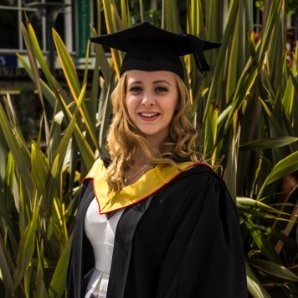Social Research - MSc
Social research helps us understand human behaviour, providing insights into social issues, personal experiences, public opinion, patterns of collective behaviour and what causes them. The MSc Social Research offers a thorough grounding in a range of research skills and methodologies. You’ll gain practical experience of qualitative, quantitative and mixed-method analysis techniques and develop valuable transferable skills in critical thinking, analysis and problem-solving. Excellent preparation for further research or doctoral study, you’ll also be well placed for roles in business or government, marketing, policy-making, charitable organisations, education and training, or law.
Month of entry
- September
Mode of study
- Full time, Part time
Fees for 2024/25 academic year
- UK - Full time £9,800 per year. Part time £5,400 per year.
International - £19,500 per year.
Duration of study
- Full time 1 year, Part time 2 years, Modular up to 5 years
Why study Social Research at Keele University?

"The MRes was an excellent opportunity to prepare for my career as a qualitative research associate. The varied and hands-on modules challenged my thinking and gave me the opportunity to trial different research methods, analysis techniques and analysis software to discover my strengths, but importantly gave me the confidence to develop my weak spots! The small teaching groups allowed me to create a great support network with my peers and get to know the staff. The support that I received from staff was excellent and there was always someone available to answer questions or provide feedback on work. "
Internationally respected research
The School of Social, Political and Global Studies brings together multidisciplinary academics in Criminology, Education, International Relations, Philosophy, Politics and Sociology, whose research is internationally respected for its theoretical innovations and relevance to applications in the real world.
Teaching usually takes place in the Chancellor's building on the main campus, giving you easy access to lecture and seminar rooms, library facilities and computer laboratories as appropriate.


"This course gave me the opportunity to develop my knowledge and understanding of research design and social theory as well as an opportunity to practically apply this understanding through supported pilot projects, assignments and my dissertation. The flexibility and support of the staff was invaluable in building my skills as a researcher. Based on my Master’s research I presented my first paper at the BELMAS / CCEAM Conference, July 2022 and published my first article in Management in Education."
Keele Postgraduate Association
Keele University is one of a handful of universities in the UK to have a dedicated students' union for postgraduate students. A fully registered charity, Keele Postgraduate Association serves as a focal point for the social life and welfare needs of all postgraduate students during their time at Keele.

Hugely popular, the KPA Clubhouse (near Horwood Hall) provides a dedicated postgraduate social space and bar on campus, where you can grab a bite to eat and drink, sit quietly and read a book, or switch off from academic life at one of the many regular events organised throughout the year. The KPA also helps to host a variety of conferences, as well as other academic and career sessions, to give you and your fellow postgraduates the opportunities to come together to discuss your research, and develop your skills and networks.


